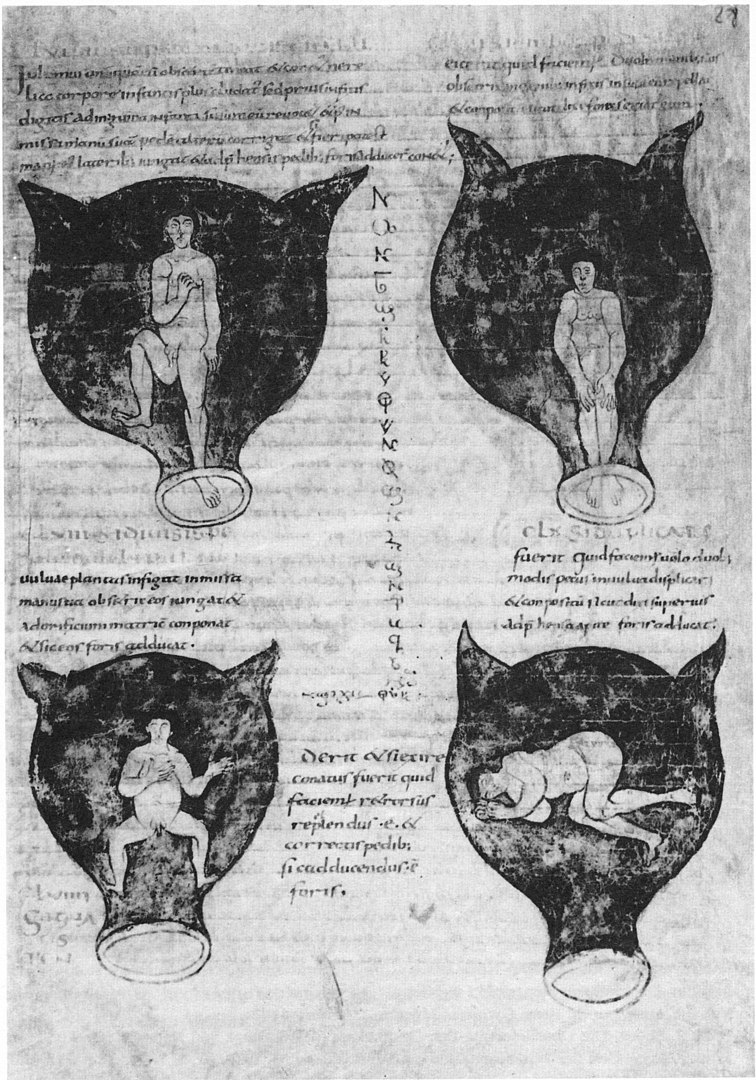Lorem ipsum dolor sit amet, consectetur adipiscing elit. Morbi eu nulla vehicula, sagittis tortor id, fermentum nunc. Donec gravida mi a condimentum rutrum. Praesent aliquet pellentesque nisi.


This thesis addresses what cultural influences and social circumstances shaped the works of the Hippocratic Corpus and Soranus’s Gynecology. This thesis will illustrate how these medical texts are representative of how women were viewed by men in Classical Greece and Early Imperial Rome, respectively. It deals additionally with how these gynecological works in turn impacted the way in which society viewed and treated women. In particular, these medical writers‟ changing views of the act of conception shed light on the differing attitudes of their cultures. Thus far research on these time periods and works has focused too narrowly on one aspect of society to do them justice, nor has there been an effort to separate Soranus’s work from the Hippocratic Corpus as representative of a completely different culture and time period. Scholarship has not before discussed the importance of who controls power over conception, men or women, as the key to understanding why women were treated they way they were by men.